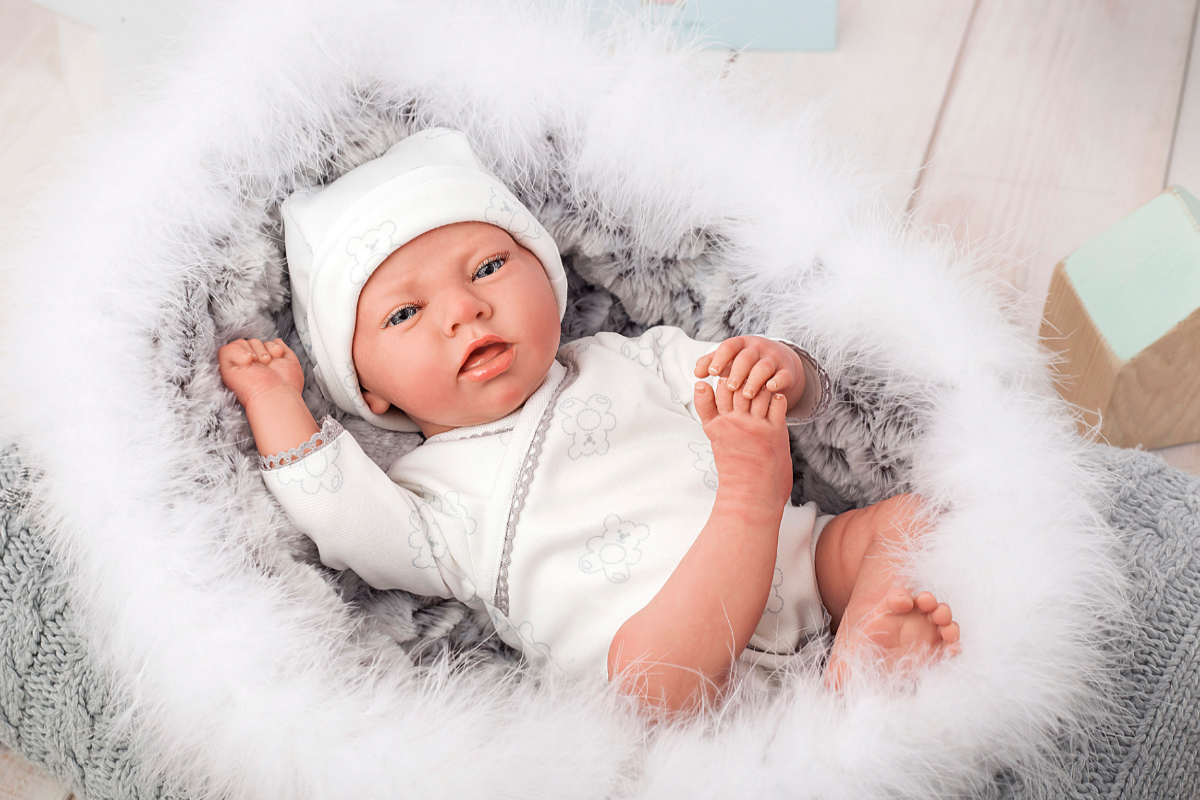PREMIUM
EDURNE URRETA
Sunday, 3 January 2021 - 01:26
Share on Facebook
Share on Twitter
Send by email
Comment
Business.
Reig Jofre, from the pharmacy to manufacture the Johnson & Johnson vaccine
Business.
Mr. Wonderful: the Catalan marriage that invoices almost 30 million euros thanks to the good vibes
Business.
J. García Carrión, the Spanish empire of bricks of wine, juice and gazpacho
Santa Claus and the Three Wise Men meet every year in Alicante.
There, in the Hoya de Castalla, they stock up on the toys they are responsible for distributing at Christmas.
Stop and inn 43 kilometers from the capital, where the
toy valley
extends
, as this Valencian region is known, where
more than 40% of the toy factories in Spain are concentrated.
Well-known firms such as
Famosa
(sold in 2010 to an American venture capital fund),
Injusa, Moltó or Miniland remain in Castalla, Onil or Ibi,
making dreams, as they like to highlight.
"Every year
we receive lots of letters
, many children send them to us with their wish list. We send them to the Three Wise Men", says
Francisco Arias
(44) who, together with his brother José (46), pilots a of the most famous doll companies in Spain.
It was his parents,
José Antonio and María Luisa,
who founded
Muñecas Arias
40 years ago in Onil, a town of just over 7,400 inhabitants, where the whole family continues to live.
27 people work in his factory and another 60 are employed indirectly.
From there
more than 200 types of dolls come out that are also exported to Europe and America
.
"The doll, in all its versions, continues to be the
star of toys
because it is not only liked by girls, but also by mothers and grandmothers," says Francisco.
The
reborn
, babies so realistic that they even have slobber, are the most successful.
"Many adult women buy them from us."
But long before the crying dolls, babies, and cribs made by the artisans of the Arias factory, there were
military dolls, stuffed animals, and children's lamps
that his father sold at fairs and markets.
"It all started with the flag swearing,"
Francisco recalls.
"My father worked in a toy factory and bought a taxi. It was the 70s and he was taking many families to the soldiers' flag swearing in the barracks in the Alicante area. He thought of buying dolls and
dressing them in uniforms to sell them to the soldiers
, who gave them to their girlfriends, mothers and grandmothers. "He set up a
paraeta
at the door of the barracks.
My mother made the uniforms, she sewed them at home
with the discarded fabrics that my father brought from the factory.
They were very successful, they
were sold for 150 pesetas
and those with a
trumpet and a military hymn
were built
a
little more
".
After the legionaries and sailors came the stuffed animals, which were sold at tombolas and street markets, and
table lamps with a doll
, which became very popular.
In the 80's José Antonio and María Luisa founded the company, Muñecas Arias.
Her five children are still linked to her, although only Francisco and José lead her.
"We are the second generation.
We learned to work while playing
, and we are delighted. When my brother and I entered, my father gave us free rein, although he continues to advise us."
The military dolls with which they started the family business.
Although they have also suffered the pandemic crisis,
they managed to save the year in December,
where 50% of the year's toy sales are concentrated.
"We lost the season of communions and summer, but we are happy, because in the end
the sales have been similar to last year
, we have sold around a million units."
The president of the
Association of Toymakers of Spain
,
José Antonio Pastor
(51), is also optimistic.
He knows the sector very well because he himself is part of a family that makes dolls in Onil.
"Between April, May and June, sales fell 40% but in the last three months they have recovered. I think we
will close the year with figures similar to those of 2019.
"
That year, the 245 Spanish toy companies had a turnover of 1,600 million euros.
One of the 'reborn' dolls.
With the Covid, Pastor believes that
the toy has been revalued
, although he assures that
children were the great forgotten of the pandemic in Spain
.
That is why the association has promoted an action so that
the toy is declared an essential good.
"When they locked us up,
the children couldn't go outside but the dogs could
. In the supermarkets the areas for pets were open but those for toys were not. Playing is necessary because it is the way to develop physically, mentally and emotionally.
No there is a healthy childhood without toys
. "
According to the criteria of The Trust Project
Know more
LOC
MusicNuria Fergó: "My new single is not for my ex-husband. I want to point that out"
Interview Verónica Romero, on her 'denial': "There is a lot of information that does not appear on television. We do have the right to know everything!"
Fortunón Larry King will pay $ 33,000 a month to his ex-wife, Shawn Southwick, in child support
See links of interest
Check Christmas Lottery
Check Child Lottery
Tottenham Hotspur - Leeds United
Villarreal - Raise
Fuenlabrada - Leganés
1. FC Cologne - FC Augsburg
Real Madrid - Celta de Vigo, live

